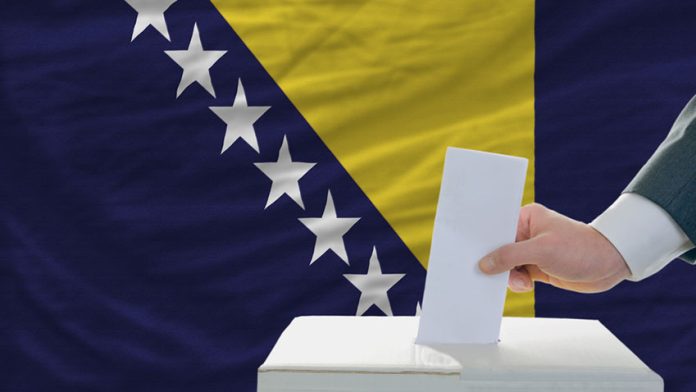Bosnia and Herzegovina held local elections in cities and municipal councils just days after flooding killed at least 16 people, according to Euronews.
While people voted, rescue teams from Bosnia’s neighbours and EU countries joined forces on Sunday to clear debris and search for missing people from floods and landslides. Meanwhile, the Central Election Commission (CEC) postponed voting in four municipalities hit hard by the floods.
A total of 110 political parties are contesting the elections, with 386 candidates vying for mayoral posts. More than 25,700 candidates will also compete for seats in local public councils.
The EU and other international organisations funded electoral reforms following reports of fraud and other irregularities during previous elections.
The EU’s High Representative Christian Schmidt said the CEC had received “new election integrity technology.” Sunday’s vote was also monitored by international observers, including a delegation from the Congress of Local and Regional Authorities, part of the Council of Europe.
Bosnia was at war between 1992 and 1995, considered the bloodiest conflict in Europe since World War II. The war resulted in 100,000 casualties, with two million people becoming refugees or internally displaced. It led to the genocide of Bosnians in Srebrenica in July 1995.
The US-sponsored Dayton Peace Accords established two major administrative units in Bosnia, the Serb-dominated entity of Republika Srpska (RS) and the Bosniak-Croat majority Federation of Bosnia and Herzegovina (FBiH).
The Agreement also created the Office of the High Representative, a body funded by the international community and mandated to enforce the civilian aspects of peace agreements.
